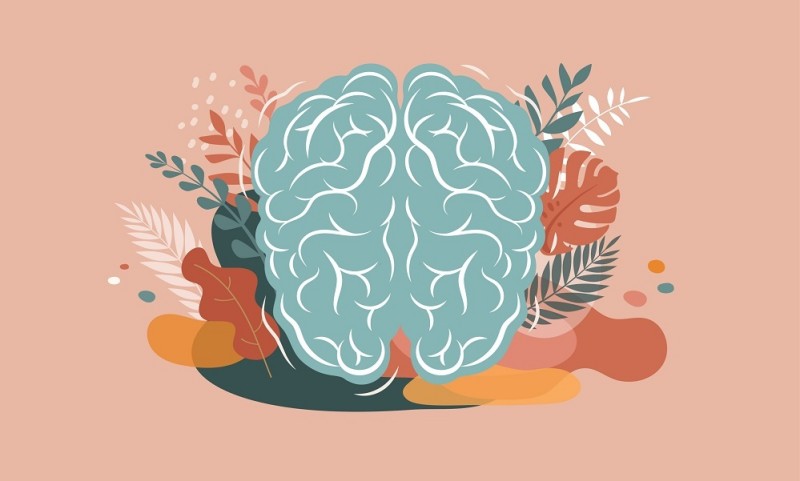Current location:Home > Nutrition Science > Meal Plans > Text
Time:2025-07-14 Source:Mind Body FuelAuthor:Click:2
As we age, our nutritional needs evolve, making a senior citizen nutrition plan essential for maintaining health and wellbeing. Adjusting diet plans to accommodate these changes can significantly enhance the quality of life in our golden years.
According to a 2023 study conducted by the Institute of Aging and Nutrition, senior citizens often face unique dietary challenges. These include a slower metabolism, decreased appetite, and changes in taste and smell, which can result in inadequate nutrient intake. Therefore, a specialized nutrition plan is critical for this demographic.
One of the most significant elements of a senior citizen nutrition plan is ensuring a sufficient intake of protein. As we get older, our bodies struggle to maintain muscle mass. The American Geriatrics Society recommends that seniors consume 1.0 to 1.2g of protein per kilogram of body weight daily to help combat muscle loss. Foods rich in protein include lean meats, fish, eggs, dairy products, legumes, and nuts.
Moreover, calcium and vitamin D are vital for bone health. A 2024 study from the Journal of Nutritional Health found that seniors who consumed adequate amounts of these nutrients had a lower risk of osteoporosis and fractures. Dairy products, fortified cereals, and fatty fish are excellent sources of these nutrients. Additionally, spending time outdoors in the sunlight can naturally boost vitamin D levels.
Fiber is another crucial component of a senior citizen nutrition plan. It aids digestion and prevents constipation, a common issue among older adults. Whole grains, fruits, vegetables, and legumes are all high-fiber food options.
It’s also important to stay hydrated. Aging can dull the sense of thirst, increasing the risk of dehydration. Seniors should aim for eight glasses of water a day, or more if they’re physically active.
Furthermore, seniors should limit their intake of sodium, refined sugars, and unhealthy fats. These can contribute to health problems like high blood pressure, diabetes, and heart disease. Instead, seniors should focus on eating a variety of nutrient-dense foods to meet their dietary needs.
However, it’s crucial to remember that every individual is unique. What works for one person may not work for another. Therefore, consulting with a healthcare professional or a dietitian can help tailor a senior citizen nutrition plan that best suits their needs, preferences, and medical history.
In conclusion, a well-balanced, nutrient-dense diet plays a significant role in promoting health and wellbeing among senior citizens. By incorporating protein, calcium, vitamin D, fiber, and adequate hydration into their diet, while limiting sodium, sugars, and unhealthy fats, seniors can live their golden years to the fullest.

Home Workout for Legs and Glutes: Your Guide to a Stronger Lower Body

Revitalize Your Health: Full-body Home Exercises for a Vibrant Lifestyle

Nourishing the Golden Years: A Comprehensive Senior Citizen Nutrition Plan

Optimize Your Health Journey with Hospital Rating Apps

Mastering Freelancer Time Tracking for Better Health and Wellness

Unlocking the Secrets to Achieving Sound Sleep Quality

Uncover the Benefits: Pomodoro Variations for Wellness and Health

Balancing Nutrition: A Practical Meal Plan for Night Shift Workers

Embrace Nature: The Benefits and How-tos of Native Plant Landscaping

Understanding the Causes of Gut Inflammation and How to Manage It
 Home Workout for Legs and Glutes: Your Guide to a Stronger Lower Body
Home Workout for Legs and Glutes: Your Guide to a Stronger Lower Body
 Unlocking the Secrets to Achieving Sound Sleep Quality
Unlocking the Secrets to Achieving Sound Sleep Quality
 Uncover the Benefits: Pomodoro Variations for Wellness and Health
Uncover the Benefits: Pomodoro Variations for Wellness and Health
 Understanding and Managing Paramedic Stress for Better Wellness and Health
Understanding and Managing Paramedic Stress for Better Wellness and Health






Copyright @ 2025 Mind & Body Fuel Email:xya0876@gmail.com No:26148
Statement: The articles on this website are all from the Internet and do not represent any views. Before making any health decisions, you must consult your doctor.